Finding patient organisations
If you were recently diagnosed with a brain disease, disorder, or injury, finding information about what this means for you can be overwhelming.
You can start out by checking our disorder directory, which has information on over 70 conditions. However, you might still have some questions, which could be about:
- Finding a specific care provider
- Where to rent or buy assistive technology (i.e. for mobility or speech)
- NDIS (National Disability Insurance Scheme) access
- Or other practical questions about what you need to do after your diagnosis
Your doctor should be able to answer a lot of these questions, but if you’re looking for answers online, you can try to find a patient organisation that specifically focuses on your condition. These organisations will often have in-depth resources to help with these questions. In some cases, they’re able to help you find assistive technology, or provide advice about the NDIS.
You can find links to these organisations on most of our disorder pages (and if you think something is missing, please let us know!).
What are clinical trials, and how can I be involved?
A clinical trial is any research study that involves human participants who volunteer to try a new treatment, allowing researchers to understand how it affects their health.
Some clinical trials are for newly developed pharmaceutical medications, while others might be comparing existing medications. There are also trials which evaluate the effect of dietary or lifestyle changes. This helps researchers determine if an intervention works, whether or not it is effective, and ensure it doesn’t have negative side effects.
Patients sometimes decide to participate in clinical trials to contribute towards a better understanding of their condition. In some cases, trials can also provide access to a new treatment before it is widely available. There isn’t a guarantee that the trial will be a success, but it can be rewarding to know that you’re helping other patients. And if the treatment is effective, it can be life-changing for many people. One example is the anti-CGRP medication for migraine, which is now available on the Pharmaceutical Benefits Scheme (PBS).
If you’re interested in finding a clinical trial, you can start by:
- Speaking to your doctor or neurologist.
- Visiting the Australian Clinical Trials website.
- Contacting a relevant patient organisation (although not all organisations will have information on clinical trials)


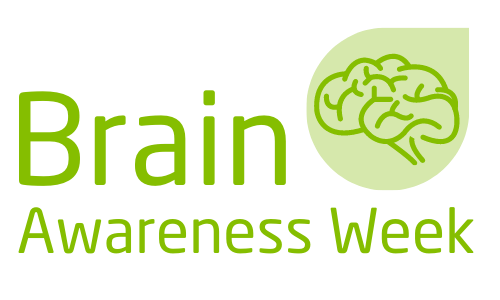
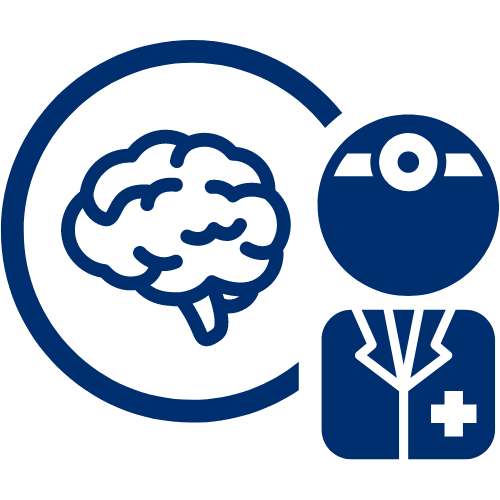
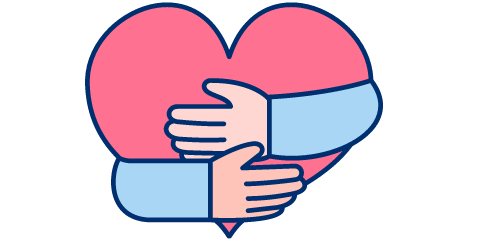
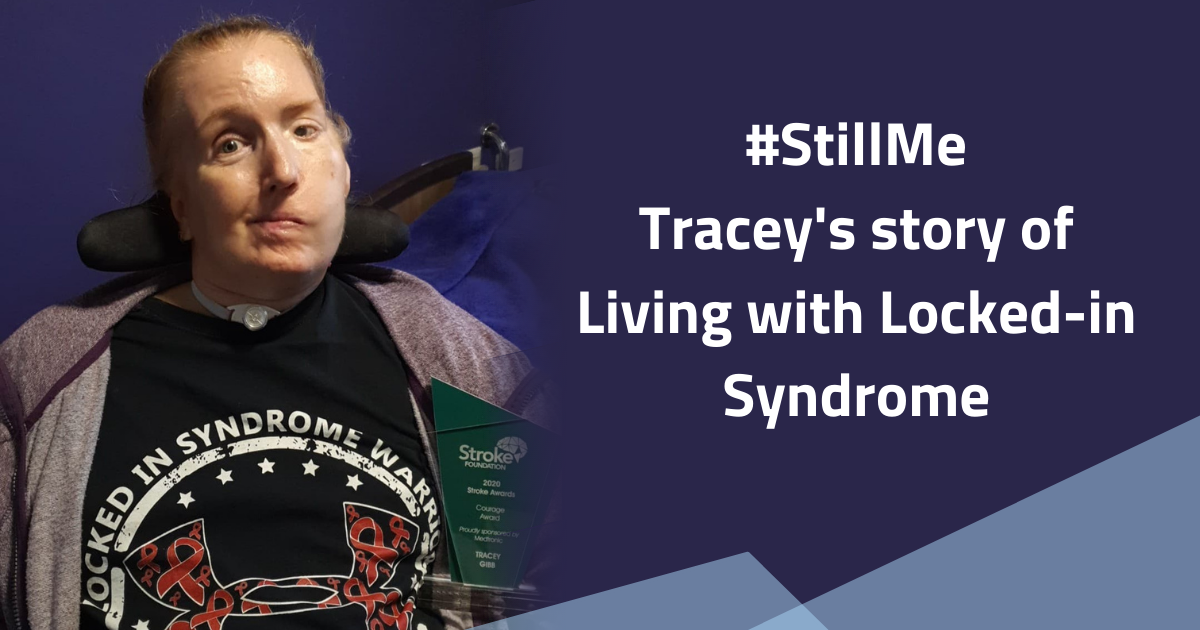
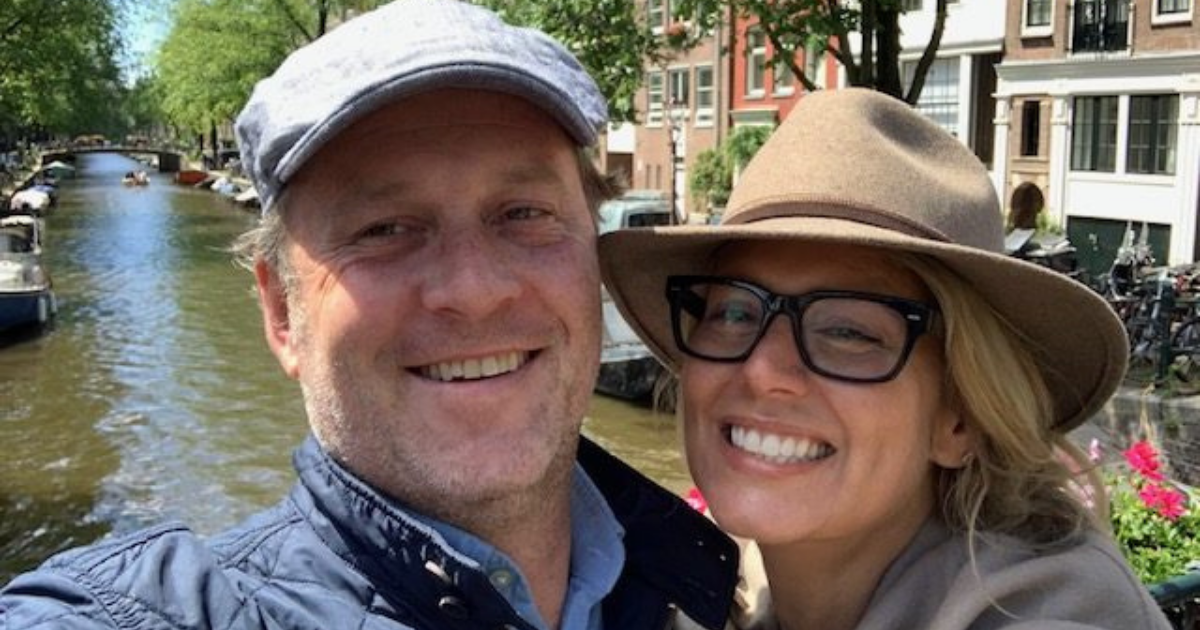

 The Brain Foundation is the largest, independent funder of brain and spinal injury research in Australia. We believe research is the pathway to recovery.
The Brain Foundation is the largest, independent funder of brain and spinal injury research in Australia. We believe research is the pathway to recovery.